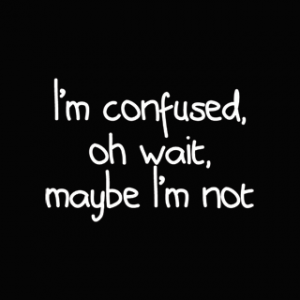Theological Dictionary
 One of my favorite features over at the LIBERATE website is a developing theological dictionary. It’s an important thing for Christian’s to know what they believe and why they believe it. Lord Byron said, “Words are things, a small drop of ink falling like dew upon a thought, producing that which makes thousands, perhaps millions, think.”
One of my favorite features over at the LIBERATE website is a developing theological dictionary. It’s an important thing for Christian’s to know what they believe and why they believe it. Lord Byron said, “Words are things, a small drop of ink falling like dew upon a thought, producing that which makes thousands, perhaps millions, think.”
So each Friday, my friend Dr. Jono Linebaugh (Content Manager of LIBERATE and Professor of New Testament at Knox Theological Seminary) will be writing and posting short definitions of key words and concepts that are at the core of LIBERATE’s message. Terms and phrases like “law and gospel,” “justification,” “the theology of the cross,” “grace,” “two kinds of righteousness,” and much more will be presented and explained.
The purpose of this “theological dictionary” is not to offer the last word on these important terms and phrases. Rather, our hope is to offer a “first word”–that is, to introduce and concisely explain some of the ideas that have been central to the Christian faith throughout history.
You can find Jono’s introduction to the theological dictionary here.
The first entry (posted today) strikes at the very center of what LIBERATE is all about: Law and Gospel.
As Gerhard Ebeling said, “The failure to distinguish the law and the gospel always means the abandonment of the gospel.” A confusion of law and gospel is the main contributor to moralism in the church simply because the law gets softened into “helpful tips for practical living”, instead of God’s unwavering demand for absolute perfection. While the gospel gets hardened into a set of moral and social demands that “we must live out”, instead of God’s unconditional declaration that “God justifies the ungodly.” In other words, “God doesn’t serve mixed drinks. The divine cocktail is not law mixed with gospel. God serves two separate shots: law then gospel.”
Read Jono’s incredibly helpful entry here.
Tullian Tchividjian's Blog
- Tullian Tchividjian's profile
- 142 followers



